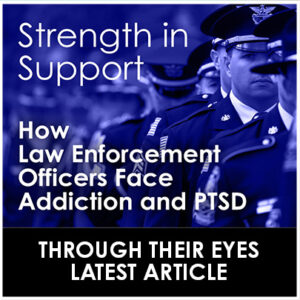Employer Support
There are employers who offer assistance for their employees who are in need of treatment. Many offer this because they want their employees to be happy and productive again. You can check your Employee Assistance Programs (EAP), HR, and supervisor or CEO.
Addiction and Poor Mental Health are considered disabilities. The ADA (Americans with Disabilities Act) requires that an employer give reasonable accommodation to an employee who can demonstrate that they are substantially limited in a major life activity or crisis. In the case of employment, if an employee can show that their excessive drinking, PTSD, etc. prevents them from conducting tasks necessary to employment, then they may be due accommodation so they can rehabilitate from their condition and keep their job. They do not require an employer to tolerate relapses and refusal to obtain help, but you are protected to a degree.
The Family Medical Leave Act (FMLA) does not permit an employer to terminate an employee for extended absences taken in order to obtain treatment for addiction or mental health challenges.
Neither federal nor state law protects employees who abuse substances while at work, or whose addiction abuse prevents them from performing any part of their job. If you are afraid of revealing you have a problem, see if there is a way to discreetly check policies on this.
Please check your local state laws on protection while obtaining treatment. Many take a leave of absence while in treatment, either through FMLA or time off, others let their employer know and work with them during their time of crisis. It’s up to you on how you handle this; we want you to be aware of the different options. We are not HR professionals or lawyers; this is for information purposes only. Please consult experts in your area if you are concerned about losing a job while getting treatment.















